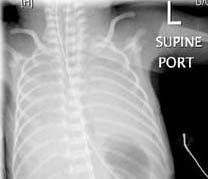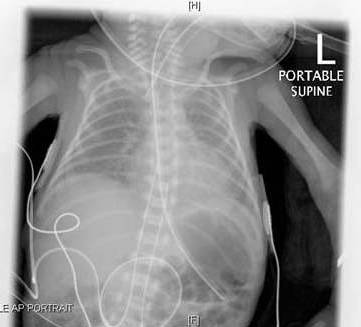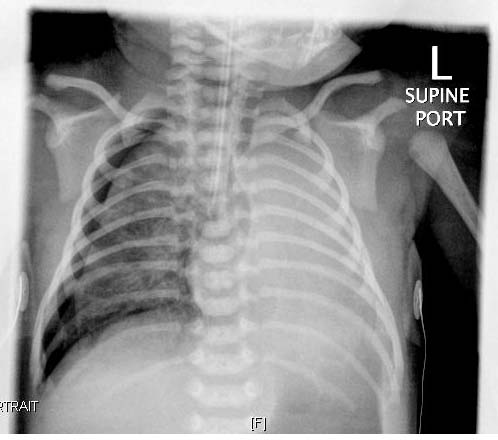
-
Care at NUH
Specialties & ServicesOutcomes of our CareYour Outpatient VisitOther Useful Information
- Health Resources
-
Healthcare Professionals
Patient ReferralPrimary Care PartnersOur Quarterly Publication
- Research & Education
- Careers
- About NUH
- I Want To



















